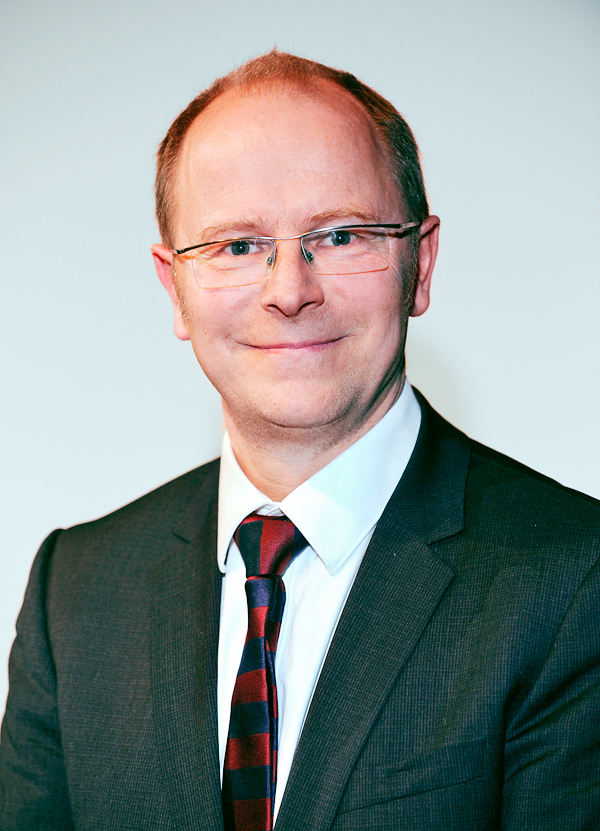Editorial
North Rhine-Westphalia is mining country
The withdrawal from coal mining and the phasing out of nuclear energy is a watershed for mining and energy production in North Rhine-Westphalia and in Germany as a whole – yet this double withdrawal does not spell the end for the energy sector or for the innovative capacity of this region. Though the exit from nuclear energy will certainly cause problems in some areas, the restructuring process taking place as part of the energy transition will create real opportunities for Germany’s number-one ‘energy state’. Global demand for energy, and more particularly for intelligent and efficient energy production technologies, continues to grow. And it is mining that provides the basis for the energy industry and the expansion and redevelopment of the infrastructure that goes with it.
Nuclear energy has been used for generating electricity for more than 60 years, and yet the question of how to dispose of its highly radioactive waste remains largely unresolved. In Germany the former Konrad iron ore mine at Salzgitter in Lower Saxony is currently being converted for use as a final repository for low to medium-level radioactive material.The Morsleben radioactive-waste storage facility (ERAM), which was established in an old salt mine, dates back to the GDR days and is now to be closed down and permanently sealed, while the Asse research mine was also developed at a former salt mining site. Investigations are currently under way at the Asse II shaft site to plan a retrieval system for the radioactive waste that was deposited there for research purposes. No decision has yet been taken on the future of the Gorleben facility. Nevertheless, here too mining engineering is at the forefront of the project.
In the light of this new task to identify, explore and prepare a suitable location for the permanent disposal of highly radioactive material, and one that can accommodate all types of host rock, Germany now finds that it has a fresh challenge on its hands – and this is where service companies and mining suppliers all over North Rhine-Westphalia could well have an important contribution to make. The techniques required for such projects have been developed and tested over hundreds of years and under all kinds of conditions and this expertise has now been pooled by the Mining Network that is part of the EnergieAgentur.NRW centre of excellence. Germany has an advantage over many other European countries when it comes to planning and building permanent disposal sites for highly radioactive waste in that it can draw on a significant body of experience that has been acquired and exploited over many years by an active mining industry.
The innovative potential and commitment of companies in North Rhine-Westphalia is clearly reflected in the efforts that have been made to expand the know-how needed to meet the broad-ranging radiation protection requirements that apply to the design and operation of nuclear waste repositories.
We are especially grateful to DMT GmbH & Co. KG for providing the guest editorial for this edition of Glückauf. And we hope that this latest publication will have plenty of information to interest our readers and perhaps some stimulating new business ideas too.
Dr. Eckehard Büscher
EnergieAgentur NRW
Head of Mining and Energy Networks
Leiter Netzwerke Bergbau- und Energiewirtschaft
www.energieagentur.nrw.de/bergbau
